[PR] AG Racine Shares Resources To Help Domestic Violence Survivors During COVID-19
Karl A. Racine
April 15, 2020
Domestic Violence Calls from D.C. Residents Surge During Coronavirus Closures
WASHINGTON, D.C. – Attorney General Karl A. Racine today shared resources to help combat domestic violence in the District during the COVID-19 pandemic. While the District’s stay-at-home order and social distancing guidelines are necessary to slow the spread of coronavirus, it may threaten the safety of residents who live with an abuser and experience intimate partner violence, including physical and sexual violence. In fact, D.C. Survivors and Advocates for Empowerment (SAFE), the District’s only 24/7 crisis intervention agency for domestic violence, saw their calls double during the first two weeks of the declared public health emergency. The Office of the Attorney General’s (OAG) Domestic Violence and Special Victims Section works to protect victims of domestic violence by obtaining civil protection orders (CPO) on their behalf and prosecuting individuals who violate CPOs. If you or someone you know is in immediate danger, call or text 911.
“While staying at home is necessary to prevent the spread of the coronavirus, it does not mean that victims of domestic violence or other physical and mental abuse should hesitate to seek assistance,” said AG Racine. “The Office of the Attorney General (OAG) is partnering with District agencies, community-based organizations, and supportive businesses to help victims. Anyone in the District who believes they are in immediate danger should immediately contact 911. Victims should also feel free to contact OAG. Our attorneys are eager to help domestic violence survivors seek court orders that protect them from their abusers and to prosecute abusers who violate those orders.”
Court Protection Orders
Residents can seek two types of court protection orders for their safety: Civil Protection Orders (CPO) and Extreme Risk Protection Orders (ERPO). A CPO can require a person to not harass, stalk, threaten, assault or have any contact with the petitioner. An ERPO requires the temporary removal of firearms and ammunition from a potentially dangerous person. District residents can still petition the Court for these protection orders under its altered operating status:
Protecting Domestic Violence Survivors from Abusers (Civil Protection Orders): Residents can file a petition for a CPO by calling the D.C. SAFE Response Line at 1-800-407-5048 to have an advocate help them through the process or alternatively, can electronically file themselves through the D.C. Superior Court at: https://www.probono.net/dccourts/. Currently, all CPO cases are being scheduled for a date after May 15, 2020, but petitioners can request a Temporary Protection Order (TPO) when filing to protect them until their CPO court date. TPOs that were issued for two weeks and were to expire in March will not expire until May 15th or the next assigned court date.
For those who have a CPO or TPO and the respondent is violating the order, call or text 911 if you are in immediate danger or call the D.C. SAFE Response Line at 1-800-407-5048 for assistance in filing a Motion for Criminal Contempt.
Removing Guns from Dangerous Persons (Extreme Risk Protection Orders): Residents can seek an ERPO by filling out this form electronically and then contacting the Court to complete the filing by phone at (202) 879-0157 or by email at domesticviolencemanagement@dcsc.gov. Learn more about ERPOs by reading OAG’s Red Flag Law guide.
Housing Resources
Domestic violence shelters remain open for those in need of safe housing. To learn more about safe housing programs and services, contact:
D.C. Department of Human Services 24-hour shelter hotline at 202-399-7093.
District Alliance for Safe Housing (DASH) at 202-290-2356 ext. 101.
D.C. Victims Hotline at 1-844-4HELPDC.
Local Domestic Violence Service Providers
The District has several community-based organizations that are providing services to help protect residents from domestic violence during COVID-19. Below is a list of local service providers in alphabetical order, their contact information, and services offered:

